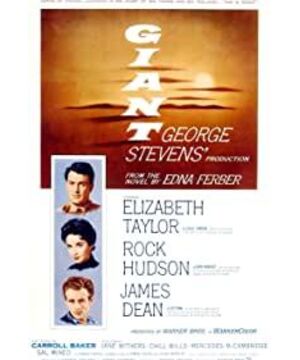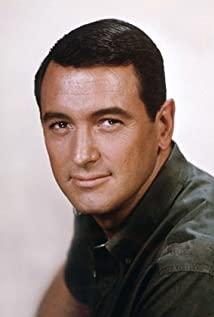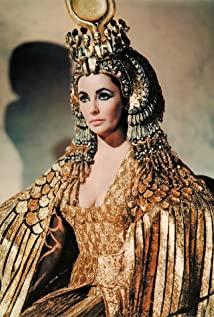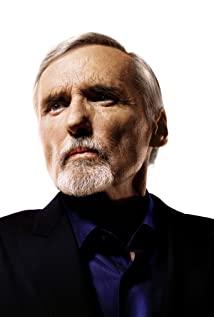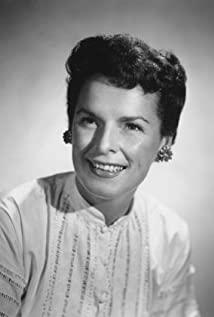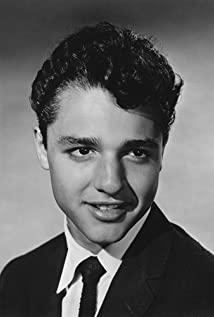Let’s talk about the movie itself. "Biography of the Giant" revolves around the life changes of Texas rancher Benedict's family in the early to mid twentieth century. The time span is more than 30 years, and the film length is 201 minutes (it is said that there is another 261-minute version), a typical epic film. In such a large-scale panoramic series, the film is no longer a simple melodrama that tells a single story, but a melting pot of feelings and thoughts. Whether it is romantic love, emotional entanglement between couples, secret love, child education, localism, sexism, racial prejudice, patriotism, individualism, will to power, social changes, geography, honor, courage, depravity, nouveau riche mentality ...... It can be found in the film, but it is obvious that it is basically a glimpse of light. Watching such a movie does not require too much intellectual investment. The emotions of the audience follow the emotional clues of the movie, which will naturally produce a sense of history and homesickness. But when it comes to the sense of history and homesickness, the film is not as rich and intense as "Gone with the Wind"; in terms of sex appeal and depth of thought, it does not have the foundation of world literary works like "Doctor Zhivago"; in terms of legends and scenes, there is no " With the ancient background of Binxu and MGM’s desperate effort, the obscurity of "Giant's Biography" in the epic film is understandable.
But in terms of the director's artistic expression and the character portrayal of the actors, "The Giant's Biography" is very commendable, and it completely prevents the three movies mentioned above.
Director George Stevens ("The Wilderness", "Living Forever") was the same as Ilya Kazan and Nicholas Lei in the 1950s. In the film, he used a large number of wide-angle wide-angle lenses to show the geographical features of Texas vividly. It has a very high quality, and integrates the geographical environment as a factor that affects the character's personality into the plot development of the story, forming one of the driving forces of the film's narrative. In terms of the emotional rhythm of the film, the film is also very well grasped. The joyous celebration ball is followed by a sad burial scene, the affectionate recombination is followed by the violent quarrel, and the grand celebration is followed by a man's loneliness and alcoholism. The emotions of the audience can't help but follow the ups and downs of the movie. Although the three-hour period is a bit longer, I am not bored at all. In fact, the director has already worked hard on the simplicity of the film's narrative. For example, at the beginning of the film, the romantic love between Beck Benedict and Leslie during his purchase of horses in Washington, Stevens used a super expressive The depth-of-field lens and a close-up complete the expression of the love between Leslie and Beck: In the close shot, Leslie’s mother is standing on the doorstep, and Leslie’s father is sitting in the car waiting under the steps. Ke went to see the horses together, and on the fence of the lawn in the distance, Beck and Leslie seemed to have forgotten to look at the horses. The two were petting Leslie’s beloved mount together. Farther away, the movie began. When the train that brought Beck to Washington was slowly moving into the distance, this close-middle-distance combined depth-of-field lens plus the next close-up showing Leslie and Beck’s affectionate affection, the audience understood that after watching Siri wanted to empathize with her, and went to live in Texas with the Texas rancher on the train. In the next scene, Piccolo and Leslie are already in the train carriage going to Texas, and the director did not use lines to express the whole story of this romantic love. This also shows that mainstream Hollywood directors in the 1950s have absorbed the legacy of "Citizen Kane" in the 1940s very well.
Leslie, played by Taylor, was initially a shy and mischievous innocent girl in Washington. After marrying Beck, she became an independent female self-consciousness under the sculpture of the rough geography of Texas. A loving and respectful young woman who is extremely arrogant, she has reached the age of being a grandmother at the end of the movie. With such an age-span role, Taylor is completely unconventional in acting. The most important thing is that the beauty, personality and temperament she gives to this character makes the audience unable to restrain the "love" of her. Dean's Jeter in the film was originally a cowboy from the Benedict family and had a crush on Leslie from the beginning. After Beck's sister died, he gave him a piece of land. A few years later, he dug up oil from this land, and finally became a Texas oil tycoon, whose wealth far exceeded the Benedict family. But this character has some upstart vulgarity and racial prejudice, so it's basically a negative character. What makes me dissatisfied is that there are too few scenes for Dean in "The Giants". The whole focus is on the Benedicts, and Jeter is almost a supporting role. Even Dean’s genius could not express Jeter’s complex psychological changes from a gangster to an oil tycoon without the support of time and plot story, so the design of this character is a failure in my opinion.
But Dean's performance cannot be a failure. Truffaut said that Dean performed by intuition and instinct. His dialogue and his body movements often convey different meanings at the same time. You will never imagine what his next action will be. Here is Dean. , All the norms of performance psychology are invalidated. Yes, a true genius always breaks the norms and creates new norms. What makes him better than the great "character actors" such as Marlon Brando and De Niro is that he is not affiliated with any performance. School, his performance is almost entirely from him. And his performance is always so easy to get the audience's approval, not only an emotional identification, but also an identification with the life of the character he endowed. The same is true for Jeter in "The Giants". Even if the audience cannot have a moral identity with the villain's role, they cannot disagree with the authenticity of every moment of life given to this character by Dean.
Dean died in a car accident at the age of 24. In Truffaut's words, he "departed before his time came." He was originally destined to bring radical changes in film performance. Even if he only acted in three movies (the other two are "East of Eden" and "Resistance Without a Cause"), he has left a rich legacy. His destiny is so similar to Bruce Lee, the same number of works is very small, the same unprecedented (Bruce Bruce is the character image and Chinese Kungfu portrayed by him, Dean is the performance itself), they are all of the kind that makes people sigh. The genius who passed away suddenly like a meteor. But people didn't forget them. When I went to Jinyi Studios that day, I turned around and saw the huge poster on the wall behind the popcorn counter. Dean stood there with the familiar, mysterious and naive smile.
————————————————
Personal public account: Jashua
is updating India travel diary on the road , welcome to pay attention!
View more about Giant reviews


